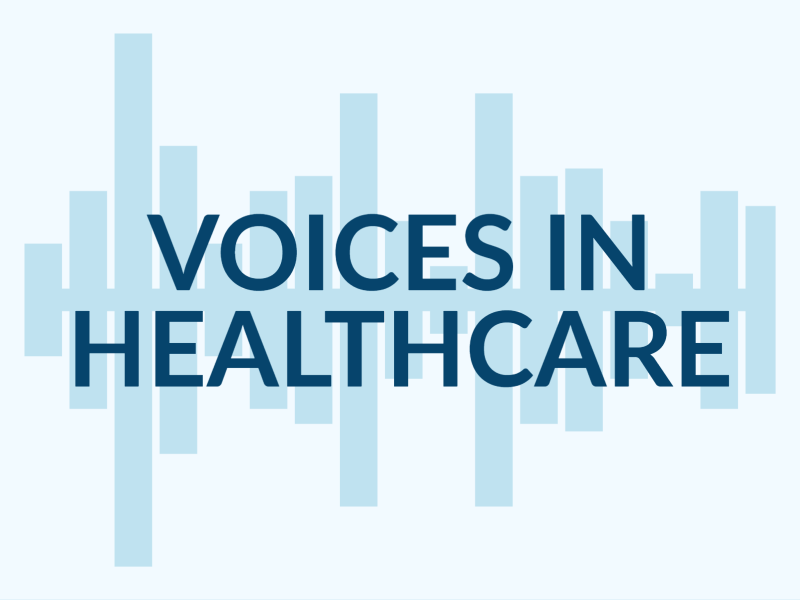MEMBER MOMENTS: Expanded Access in Medford; Local Study Addresses Health Inequities


This month Cambridge Health Alliance (CHA) opened its newest location at One Cabot Road in Medford. It’s CHA’s first new care center in 15 years and its first site in Medford.
The center has approximately 56,000 square feet of clinical space and will include CHA primary care, rehab, orthopaedics, and occupational health. It replaces CHA Assembly Square Care Center in Somerville, which closed this month.
A new CHA pharmacy will open at the site in July, with a procedure suite to follow this fall.
Medford Mayor Breanna Lungo-Koehn, State Representatives Paul Donato, Christine Barber, and Steven Ultrino, and Medford Health Department Director MaryAnn O’Connor all attended the center’s opening celebration.
“This is a major milestone for CHA as we work to fulfill our mission to improve the health of our patients and communities,” said Cambridge Health Alliance CEO Assaad Sayah, MD. “We know that one of the most pressing issues today is access to healthcare, especially convenient care close to home. This amazing facility is part of the solution.”
****

After documenting evidence of inequities in hospital admissions for patients presenting in the emergency department with heart failure, researchers at Brigham and Women’s Hospital (BWH) have developed a framework and intervention for addressing and reducing inequities and delivering appropriate care for all patients with heart failure.
The Clinical Decision Support System (CDSS) uses a best practice advisory message that displays on a patient’s electronic medical record reminding providers of inequitable access and suggesting admission to cardiology if other clinical indications for general medicine service are not present. Over the course of two years, the CDSS message was displayed 210 times, or the equivalent of 1.38 times per week. In more than half of cases (59.6%), after receiving the CDSS message, physicians redirected Black and Latino patients originally assigned to general medical service (GMS) to cardiology, while 40.5% stayed with GMS. This equates to 125 patients total, or, on average, 0.81 patients per week of the study. The BWH study is accessible here for other organizations that may be interested in exploring a similar approach.

 Massachusetts Health & Hospital Association
Massachusetts Health & Hospital Association